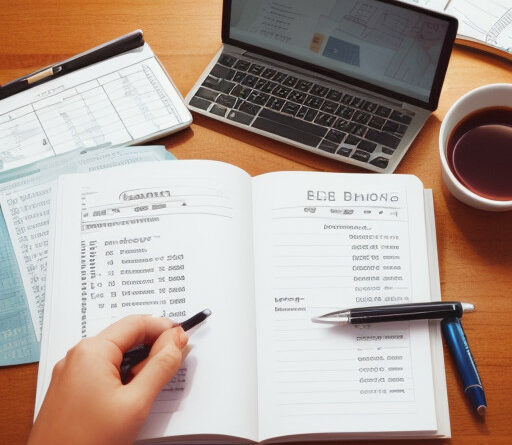How to create a personal budget?
In today’s fast-paced world, managing personal finances is crucial for financial stability and peace of mind. One of the fundamental pillars of financial management is creating a personal budget. Creating a personal budget allows individuals to track their income and expenses, prioritize spending, and work towards their financial goals effectively. In this comprehensive guide, we’ll delve into the intricacies of creating a personal budget, providing you with actionable steps and tips to streamline your financial planning process.
Understanding the Importance of a Personal Budget
Before diving into the nitty-gritty of budgeting, let’s first understand why it is essential. A personal budget serves as a roadmap for your financial journey, guiding you towards your short-term and long-term financial objectives. By creating and following a budget, you gain better control over your finances, reduce unnecessary spending, and allocate resources efficiently.
Assessing Your Financial Situation
The first step in creating a personal budget is to assess your current financial situation. Start by gathering information about your income, including salaries, bonuses, and any other sources of revenue. Next, compile a list of your monthly expenses, categorizing them into fixed expenses (such as rent or mortgage payments, utilities, and insurance) and variable expenses (such as groceries, dining out, entertainment, and transportation).
Setting Financial Goals
With a clear understanding of your income and expenses, it’s time to set financial goals. Whether it’s saving for a down payment on a house, building an emergency fund, paying off debt, or planning for retirement, establishing concrete objectives will help you stay motivated and focused on your financial journey. Ensure that your goals are specific, measurable, achievable, relevant, and time-bound (SMART).
Creating Your Budget Framework
Now that you’ve assessed your financial situation and set your goals, it’s time to create your budget. Start by listing your income at the top of your budget spreadsheet or software. Then, deduct your fixed expenses from your income to determine your discretionary income—the amount available for variable expenses and savings. Allocate this discretionary income towards various expense categories based on your priorities and financial goals.
Tracking Your Spending
Once your budget is in place, it’s crucial to track your spending regularly. Keep a close eye on your expenses, comparing them to the budgeted amounts for each category. Consider using budgeting apps or software that sync with your bank accounts and credit cards to streamline the tracking process. Regularly reviewing your spending habits will help you identify areas where you can cut back and make adjustments to stay within your budget.
Adjusting Your Budget as Needed
Financial circumstances can change over time, so it’s essential to adjust your budget accordingly. Life events such as job changes, pay raises, unexpected expenses, or shifts in priorities may necessitate revisions to your budget. Be flexible and proactive in adapting your budget to accommodate these changes while staying aligned with your financial goals.
Seeking Professional Guidance
If you find budgeting challenging or need expert advice, don’t hesitate to seek help from financial professionals. Certified financial planners (CFPs) and financial advisors can provide personalized guidance tailored to your unique financial situation and goals. They can offer valuable insights, strategies, and solutions to help you optimize your budget and achieve financial success.
Celebrating Milestones and Progress
Finally, don’t forget to celebrate your financial milestones and progress along the way. Whether it’s reaching a savings goal, paying off debt, or sticking to your budget for a consecutive number of months, acknowledging your achievements will boost your motivation and reinforce positive financial habits. Take pride in your progress and use it as momentum to propel you towards future financial success.
Conclusion
In conclusion, creating a personal budget is a fundamental step towards achieving financial stability and success. By understanding your financial situation, setting SMART goals, creating a budget framework, tracking your spending, and adapting as needed, you can take control of your finances and work towards your aspirations. Remember to seek professional guidance when needed and celebrate your milestones along the way. With dedication, discipline, and strategic planning, you can pave the way for a brighter financial future.

